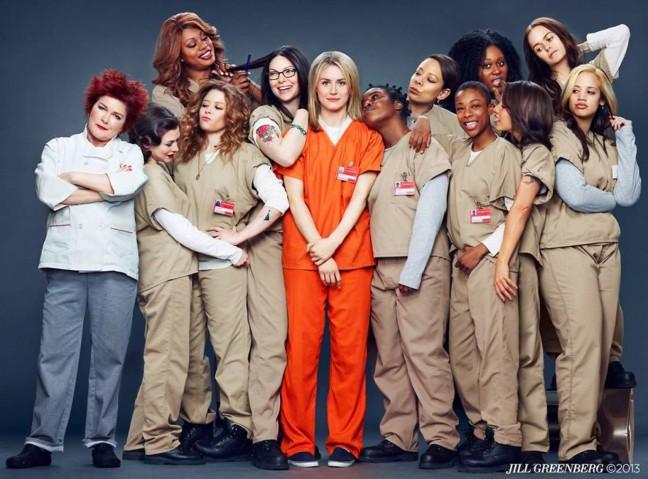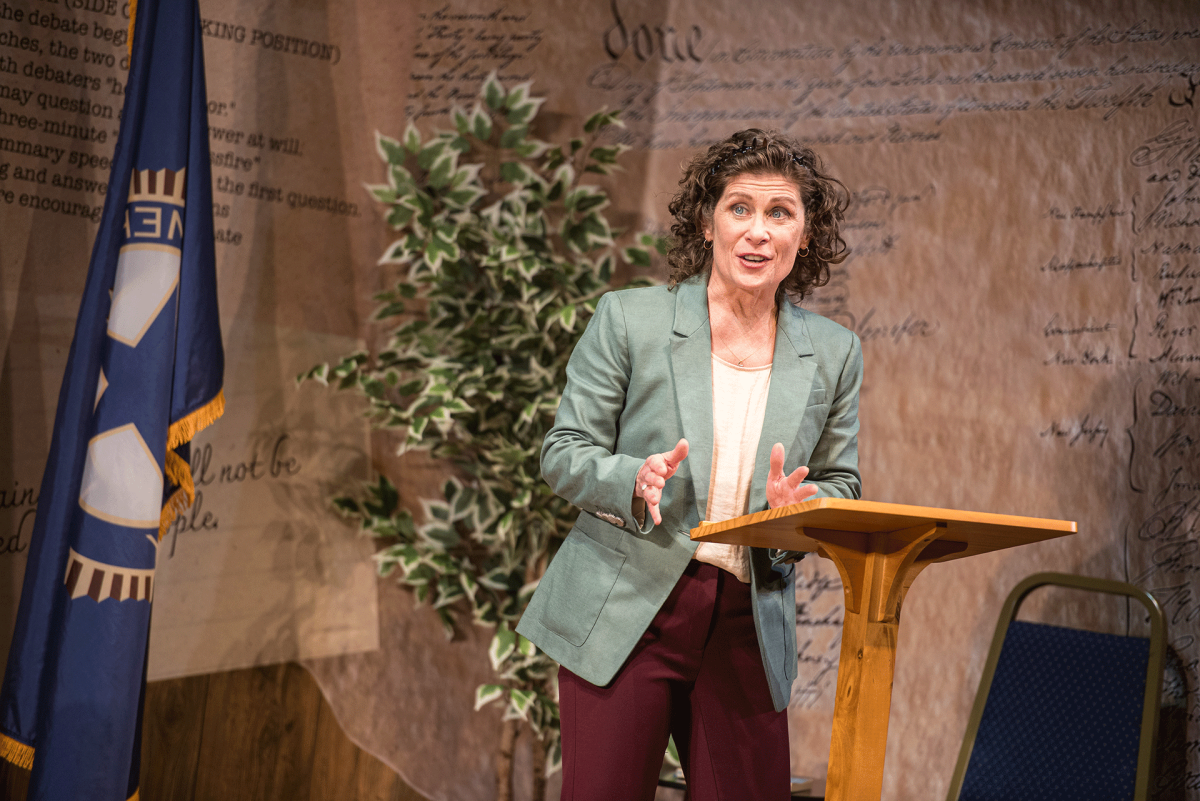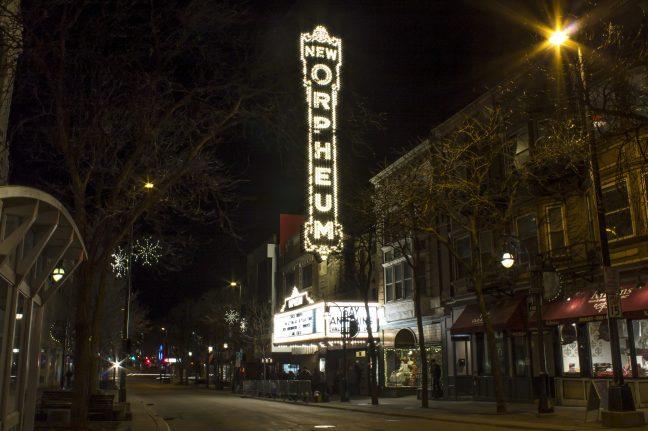A few weeks ago, in February of this year, Republican presidential candidate Newt Gingrich said, of President Barrack Obama, “The president wants to unilaterally weaken the United States.” He continued, speaking to a group of students at Oral Roberts University, “We are in a world that is very dangerous. And I say this to those of you who represent the next generation because you’re going to bear the consequences.”
A few years ago, in February of 2008, the liberal commentator Keith Olbermann turned to his camera and addressed then-President George Bush directly in a diatribe ostensibly on telecommunications: “If you believe in the seamless mutuality of government and big business – come out and say it! There is a dictionary definition, one word that describes that toxic blend. You’re a fascist.”
The vitriol is understandable in either case – to get noticed in a crowded primary field or a packed cable news line-up, you’re going to have to occasionally show some emotion. But what’s a little harder to understand is the hyperbole. It seems awfully short-sighted, I think, for a person who has any sort of aspiration toward a future in which he’d like to be heard to spew inane nonsense and sell it as prediction.
Somehow, we avoided a fascist state through the last six months of the Bush presidency. Somehow, I don’t think evidence of Obama’s plot to weaken the country will ever be uncovered, largely because it will never exist. Just as no one listened to Harold Camping the second time around, Gingrich’s credibility will probably take a hit; Olbermann’s (who’s now in a place with far fewer viewers than MSNBC) certainly did. Trust me when I say I have no interest in prolonging the careers of hyperbolic mudslingers, but good god, I just wish the doomsday predictions would stop because this magnifying dome of a non-stop political cycle is making it damn hard to enjoy a good book.
My taste in fiction has gravitated toward dystopian plot lines ever since I stopped needing pictures on every page. From the morality lessons of “Lord of the Flies” and “The Giver” to young adult genre pieces like “Feed” and “Virtual War” up through still-classics by renowned authors like Bradbury (“Farenheight 451”) and Huxley (“Brave New World”), I was captivated by stories that plunged readers right into the heart of a society that’s badly lost its way.
The reason for this tendency could easily be a column on its own, though it would do better to be written by my parents, English teachers and a couple members of an esteemed child psychology program than by me. Often when books set in a dystopian age are analyzed, there appears to be a specific event or state of mind from which the author drew inspiration: “Nineteen Eighty-Four” was written shortly after the end of World War II; “A Clockwork Orange” grew its roots from Anthony Burgess’s experiences in communist Russia. That mindset helps a novel resonate with a first wave of readers and lets it remain poignant for future generations. But that connection – in sum, a desire to learn about a certain era’s deepest fears – can’t explain my current distaste with modern dystopian lit; those works by authors who live in this time and, I assume, have an at least somewhat similar set of societal concerns as the majority of their present day peers.
But I think I’ve found an explanation: It would appear the wiring has been reversed. Where fiction writers once used dystopian literature as a projection of their society’s deepest qualms, these fears are now hurled forth in such a casual fashion in such disingenuous terms every single day on multiple platforms that the effect has been numbing. It’s a little like sitting down to watch 12 hours of gore-centric slashers. At first the blood gets to you, but pretty soon all you care about is how deft the killer is with the chainsaw.
And that’s what’s happening to new authors attempting to navigate the genre: Robbed of the shock value of a truly ruined society by shrill Beck-ian paranoia which claims that every move by an ideological opponent brings us one giant leap towards the crevasse, which, don’t forget, we’re already dangling over due to the party that’s currently controlling some part of the government, they’re forced to one of two paths.
Either, as some have tried, the dystopian novel becomes a light-hearted commentary on the destructive absurdity of these claims (a l? “Pop Apocalypse,” to an extent), or it’s left a limply exaggerated shell of a certain political platform. Should the reader really be concerned with the forced euthanizations in Drew Magary’s “The Postmortal” when Sarah Palin makes claims of “death panels” resulting from a health care bill? Why worry about the upper class purposefully and personally injuring the poor, as in “Super Sad True Love Story?” To judge by the masses hurling invective at individual Wall Street bankers last fall, we must have just missed that on the news.
So, to the cable news yellers, fringe political bloggers, never-had-a-chance candidates and generally excitable town criers: Chill. Leave off with the apocalyptic rhetoric for a second, and let the fiction writers do the fiction writing; that way we can all read a nice page-turner. Unless, that is, you truly believe what you’re saying. In that case, I envy you. Because nothing beats a good expos?.
















